11,000-year-old pebble ‘showing gay sex’ to go on tour
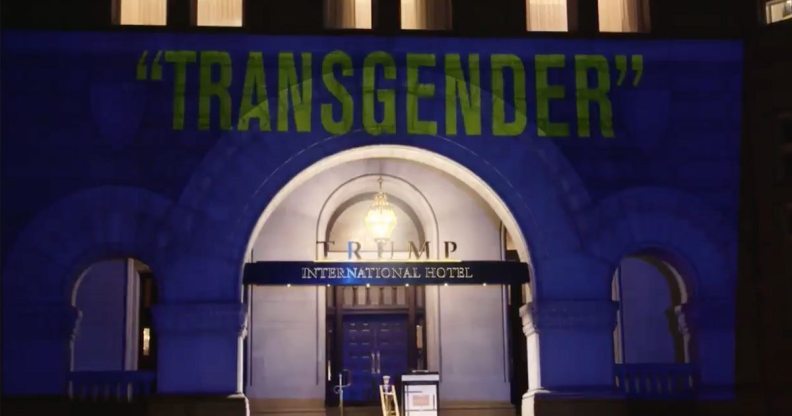
(Photo: @ChadHGriffin/ Twitter)
An 11,000-year-old pebble believed to be one of the earliest depictions of sex is to go on tour in an LGBTQ themed exhibition.
The Ain Sakhri Lovers, a figurine carved from a pebble, will be one of the artefacts shown in a new touring exhibition from the British Museum to celebrate LGBTQ history.
As the people depicted in the Ain Sakhri Lovers are ambiguously gendered, the British Museum does not state they are heterosexual and have therefore included the artefact as a potential early representation of gay sex.
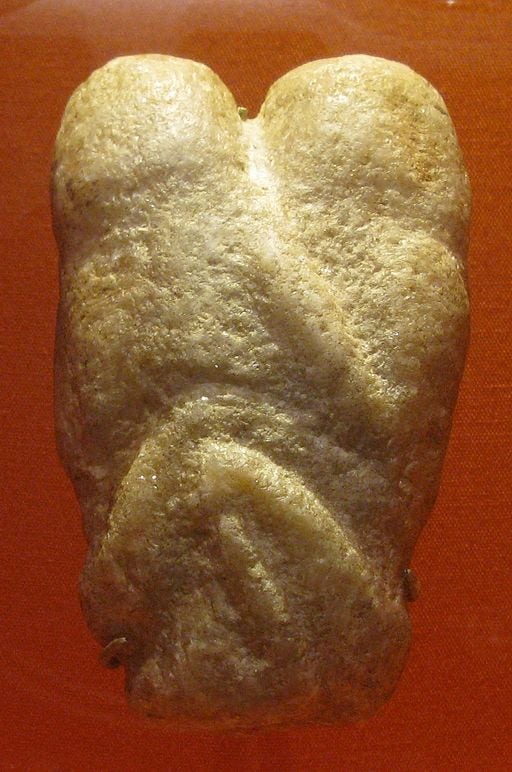
The Ain Sakhri Lovers (Creative Commons)
The nationally touring exhibition will feature a range of artefacts with relevance to LGBT history taken from a wide range of sources and mediums.
In addition to the pebble, the exhibition will also include objects ranging from ancient Egyptian papyri and the erotic scenes on the Roman Warren Cup to images of gay sex by the artist David Hockney.
An ancient Greek vase depicting the poet Sappho, often seen as a lesbian icon, will also be included in the tour.
The exhibition will begin in Oxford before travelling to cities in England including Nottingham, Bolton and Norwich.
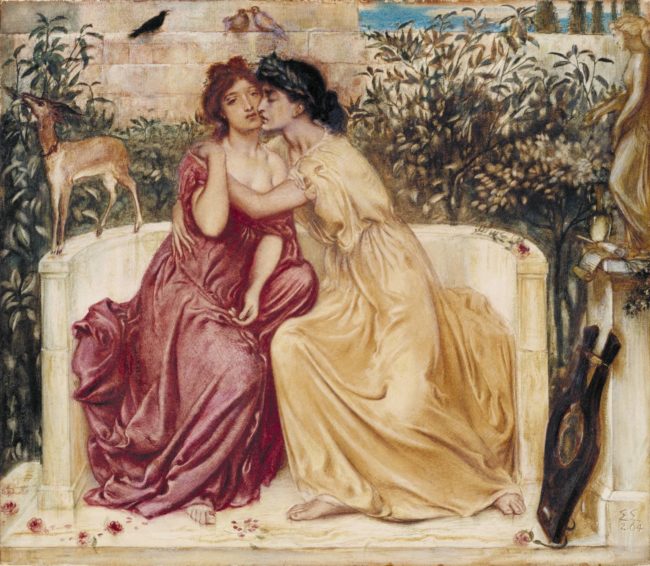
A 1864 depiction of Sappho (Creative Commons)
The audio tour of the exhibition will be narrated by actors Fiona Shaw and Simon Russell Beale.
Beale praised the British Museum for hosting the explicitly LGBTQ exhibition and highlighting the queer context of many of the objects.
He said: “Many might even have seen some of them on display without knowing how they relate to queer history.
“I’m thrilled that, thanks to this new audio tour, these stories will now take pride of place.
“Same-sex desire has existed in all societies and it is really important that the British Museum is highlighting this.”
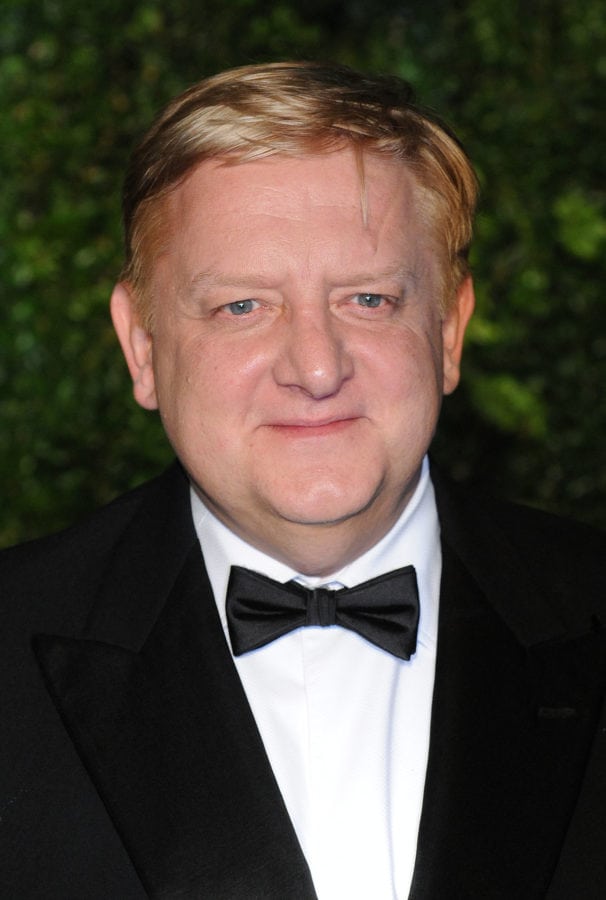
Simon Russell Beale (Stuart Wilson/Getty Images)
This tour builds on a previous exhibition held by the British Museum in 2017 to mark the 50th anniversary of the partial decriminalisation of homosexuality in England and Wales.
In 2017, a group including employees from the British Museum, Tate Modern and the V&A were told they would not be able to march in the year’s Pride in London celebrations.
The Museum Association, which marched for the first time in the parade in 2016 said it was told that the Pride parade was already full despite sending in an application with plenty of time.
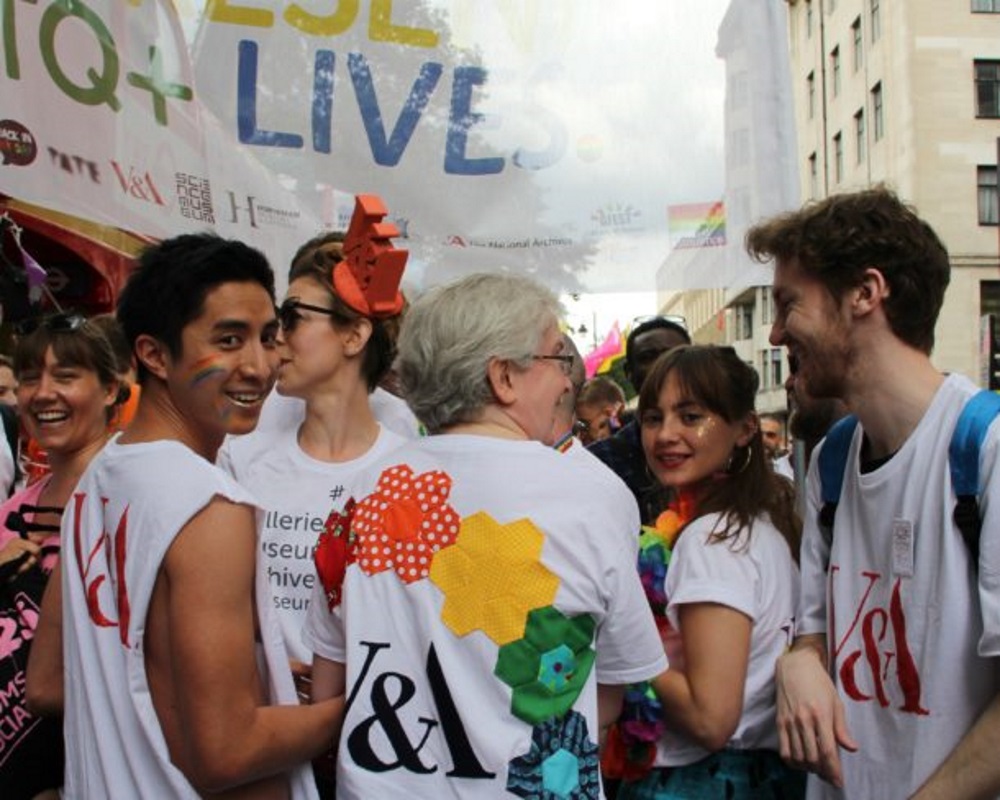
The Museum Association at Pride (V&A)
The news was especially significant because Tate Britain launched the Pride in London festival in June with a day-long celebration of the LGBT community.
Several groups with larger parade groups including Amnesty International and Unilever later gave up some of their allocations to allow smaller groups to march.

